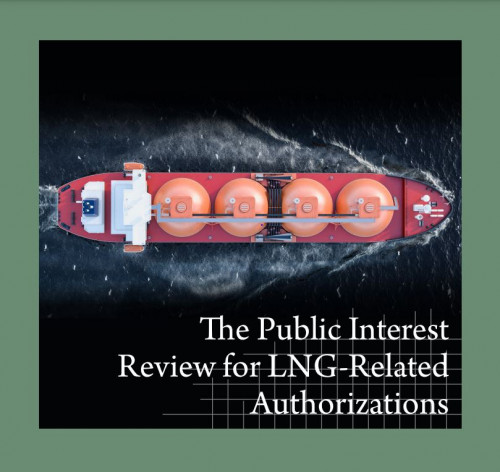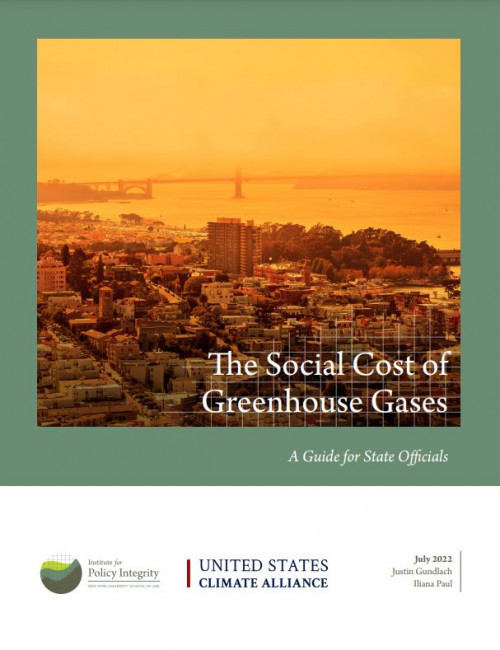-
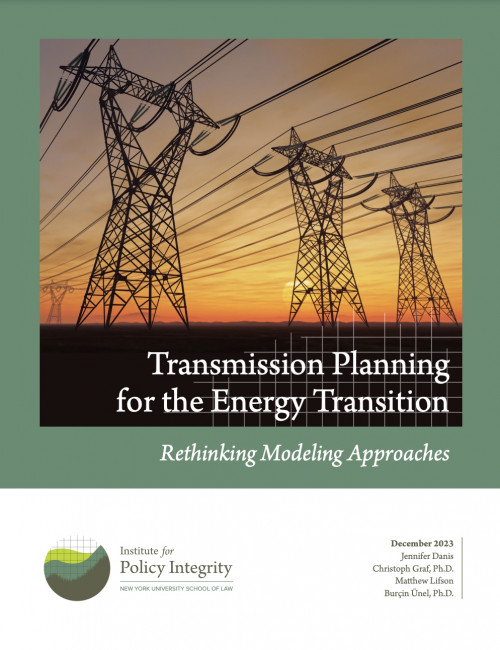
Transmission Planning for the Energy Transition
Rethinking Modeling Approaches
This report examines the critical role of modeling details and assumptions that transmission planners frequently ignore. We first provide an overview of the wide array of choices planners have when designing traditional transmission planning models. We then discuss how planners need to rethink these choices to account for the rapidly evolving energy system and the additional uncertainties climate change brings. Finally, we present a modeling case study to show how important these modeling choices could be for transmission outcomes.
-
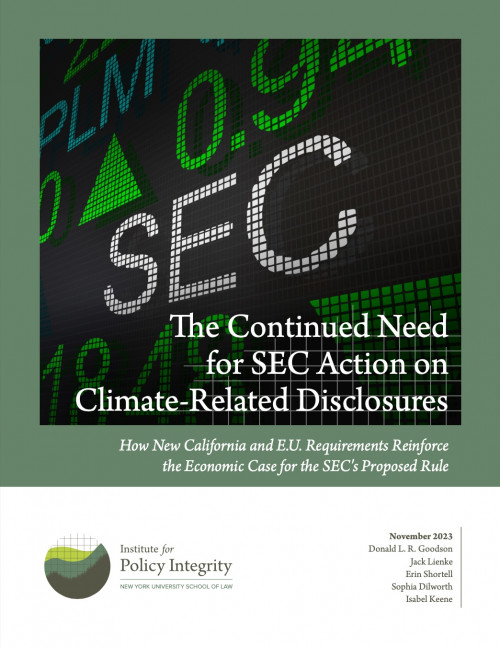
The Continued Need for SEC Action on Climate-Related Disclosures
How New California and E.U. Requirements Reinforce the Economic Case for the SEC’s Proposed Rule
On March 21, 2022, the Securities and Exchange Commission (SEC) proposed a rule that would require SEC registrants (both domestic and foreign) to provide climate-related disclosures in certain SEC filings. Since the release of the SEC Proposal in March 2022, other jurisdictions, including California and the European Union, have adopted climate-related disclosure regimes. Like many federal rules, the SEC Proposal included an assessment of its costs and benefits. This report examines how the California and E.U. disclosure regimes may affect the baseline for that cost-benefit analysis and, consequently, the SEC’s assessment of the incremental costs and benefits of its proposal. Overall, we find that the new disclosure regimes do not undermine the economic case for the SEC Proposal; if anything, they bolster it.
-
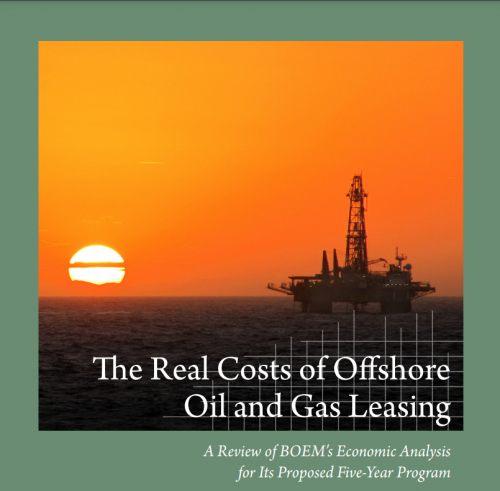
The Real Costs of Offshore Oil and Gas Leasing
A Review of BOEM’s Economic Analysis for Its Proposed Five-Year Program
In July 2022, the Bureau of Ocean Energy Management (BOEM) released its proposed Outer Continental Shelf oil and gas leasing program for 2023–2028. That plan contemplates holding up to 11 lease sales over the next five years, and conducts an economic analysis concluding that the benefits of those lease sales would exceed the costs. This report provides comprehensive feedback on BOEM’s economic analysis. As the report details, BOEM vastly understates the environmental and social costs of offshore leasing in several key ways.
-
The Public Interest Review for LNG-Related Authorizations
After a meteoric rise in production over the past decade, the United States has become the largest exporter of liquefied natural gas (LNG) in the world. Yet, the analysis behind LNG terminal and export approvals overlooks climate and environmental justice impacts, despite promises of imminent reform. Policy Integrity’s new report provides a comprehensive look at the Department of Energy’s (DOE) and the Federal Energy Regulatory Commission’s (FERC) past practice in this space and offers recommendations for improving their review of the climate and environmental justice impacts of LNG approvals.
-
The Social Cost of Greenhouse Gases: A Guide for State Officials
As states step up on climate action, they need a way to weigh climate goals against other policy objectives. The social cost of greenhouse gases (SC-GHG) can help policymakers understand the costs and benefits of climate action and inaction. This new guide for state officials explains why the SC-GHG is a useful policy tool and how it can be applied.
Viewing all publications in Research Reports

